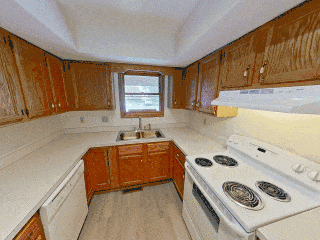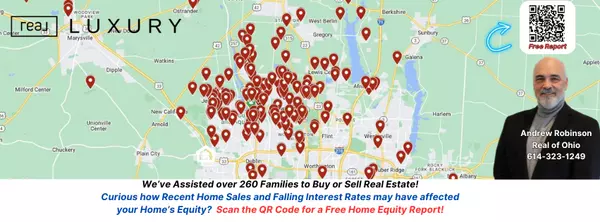

What are the top 5 Reasons to use 3D Tours in your Real Estate Marketing
Using 3D tours in real estate marketing offers several benefits that can enhance the overall property viewing experience and increase the chances of successful sales. Here are the top five benefits: Virtual Property Exploration: 3D tours allow potential buyers to explore a property virtually and
Read More

Navigating the Timeline of Selling Your House: When Can You Expect to Get Your Money?
Selling a house is a significant financial transaction that involves various steps and processes. One of the most common questions homeowners have is, "When do I get my money after selling my house?" The journey from listing your property to receiving the proceeds can be a complex and multi-facete
Read More

Navigating the Turbulent Waters: What to Know About Selling Your House When Going Through a Divorce
Divorce is undoubtedly one of life's most challenging experiences, and navigating the complexities of selling a house amid such emotional turmoil can add an additional layer of stress. However, with careful planning, open communication, and a strategic approach, it is possible to successfully sell
Read More

Maximizing Your Home's Appeal: Do You Need to Fix Up Your House Before Selling?
Selling a house can be both an exciting and stressful experience. As you prepare to list your property on the market, one burning question likely occupies your mind: "Do I need to fix up my house before selling?" The answer isn't one-size-fits-all, as several factors come into play. In this compre
Read More
Recent Posts










